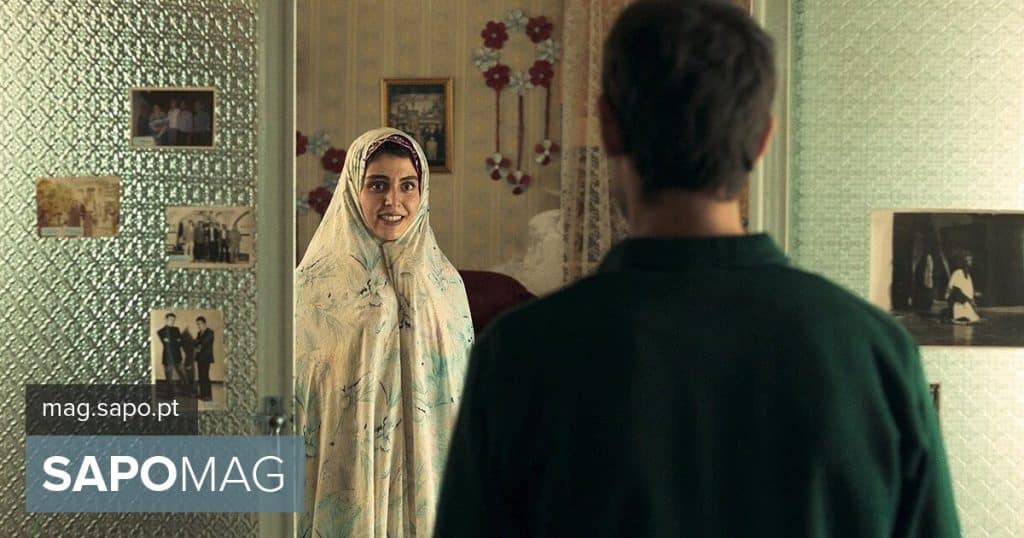Iran chose “The Night Guardian”, by director Reza Mirkarimi, as the country’s candidacy in the category of Best International Film at the 96th Oscar ceremony, which will take place on March 10, 2024. The announcement was made by Farabi Cinema Foundation, the country’s most important film institution. Released last year, the film portrays the difficult life of an agricultural worker trying to make a living in Tehran, the huge Iranian capital. Chosen from three finalists and after 42 eligible films, it is the third time that a film by Reza Mirkarimi has been chosen to represent Iran at the Oscars, after “Kheili dour, Kheili nazdik” (“So Close, So Far”) in 2005 and “Today” in 2014. Since 1994, the country competes and has already won twice in the category, with “A Separation” and “The Salesman”, both directed by Asghar Farhadi. The candidacy was violently criticized by dissident professionals in Iranian cinema, who asked the Academy of Motion Picture Arts and Sciences to choose an alternative film to represent the country, despite Reza Mirkarimi being one of Jafar Panahi’s best friends, who spent seven months in prison and two days on hunger strike before being released on bail in February. In a statement, the Iranian Association of Independent Filmmakers (IIFMA) recalls that the government of the Islamic Republic continues to repress the population in general and specifically the artistic community, and alleges that the Farabi Cinema Foundation, under its control, has a central role in its implementation.”How can an institution known for its censorship and repression represent Iranian cinema”, asks the Academy, the organization created shortly before the start of the Film Festival Berlin in February to represent filmmakers unaffiliated with the government of Iran. IIFMA claims that “The Night Guardian” and the other two finalists do not reflect the creative work done this year by Iranian filmmakers, most of whom work clandestinely or in exile, citing several that were excluded by Farabi despite their strong international career, such as “Critical Zone”, winner of the Golden Leopard at the Locarno Festival, “Empty Nets”, “Endless Borders”, “Terrestrial Verses” or “The Sun Will Rise.” Another title mentioned was “Shayda”, by Noora Niasari, born in Iran, but who grew up in Melbourne, who ended up being chosen as Australia’s candidacy. “Independent filmmakers who are not part of the regime’s propaganda network are prohibited from working. Their homes and workplaces are invaded and public screenings of their films in Iran are impossible. Does the Academy consider the fact that these films are not shown in their country of origin a valid reason for their rejection from the Oscars?”, writes IIFMA. “These are just a few films produced in Iran last year, under heavy security pressure and essentially clandestine. None of these films made Farabi’s Academy nomination list. Farabi denies independent filmmakers their fundamental rights, while at the same time turning Oscar selection into a reward for the regime’s propaganda apparatus,” he adds. “We suggest that a chosen group of Academy members review Iranian independent films annually screened at renowned international festivals to nominate a representative of Iranian independent cinema for the Oscars”, he concludes.
